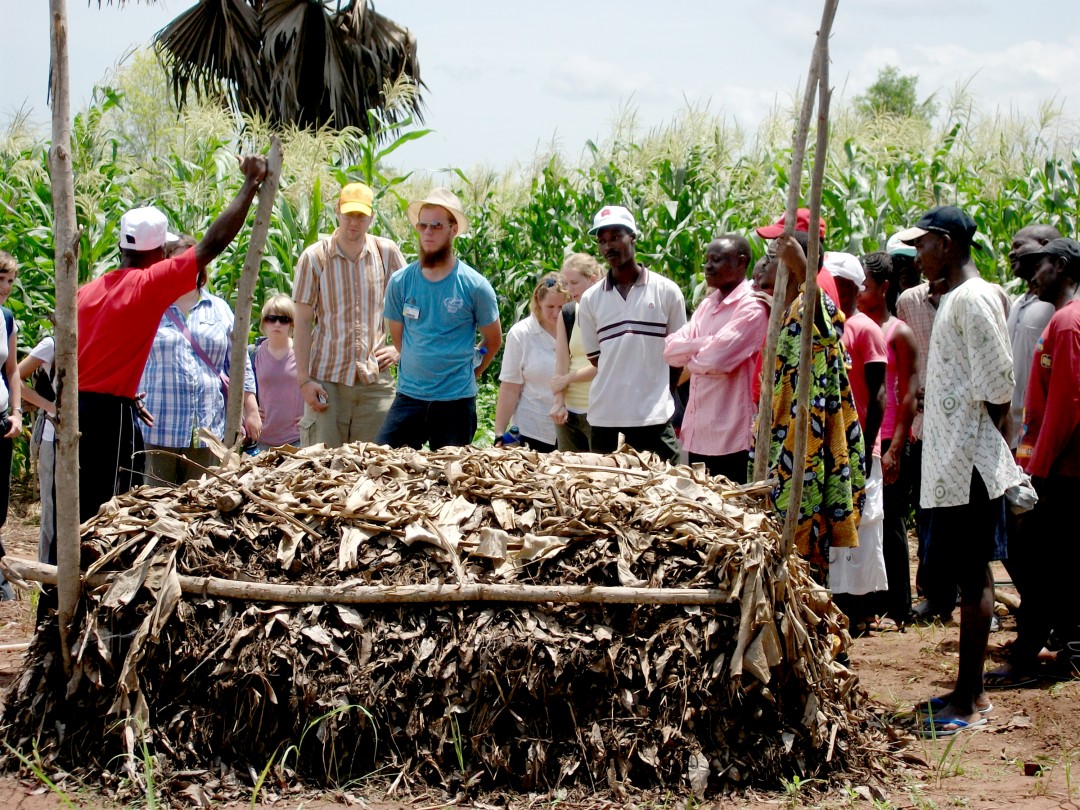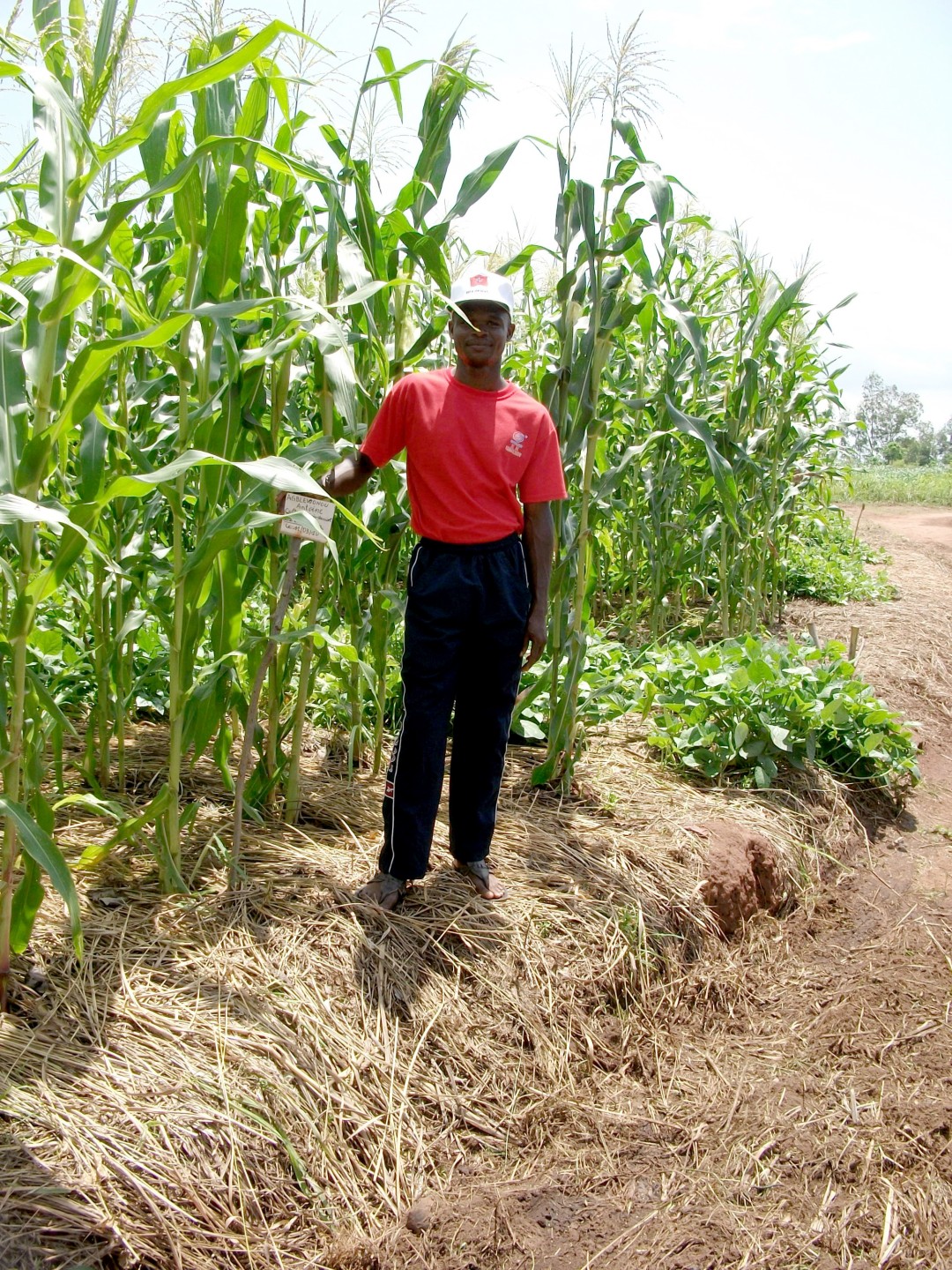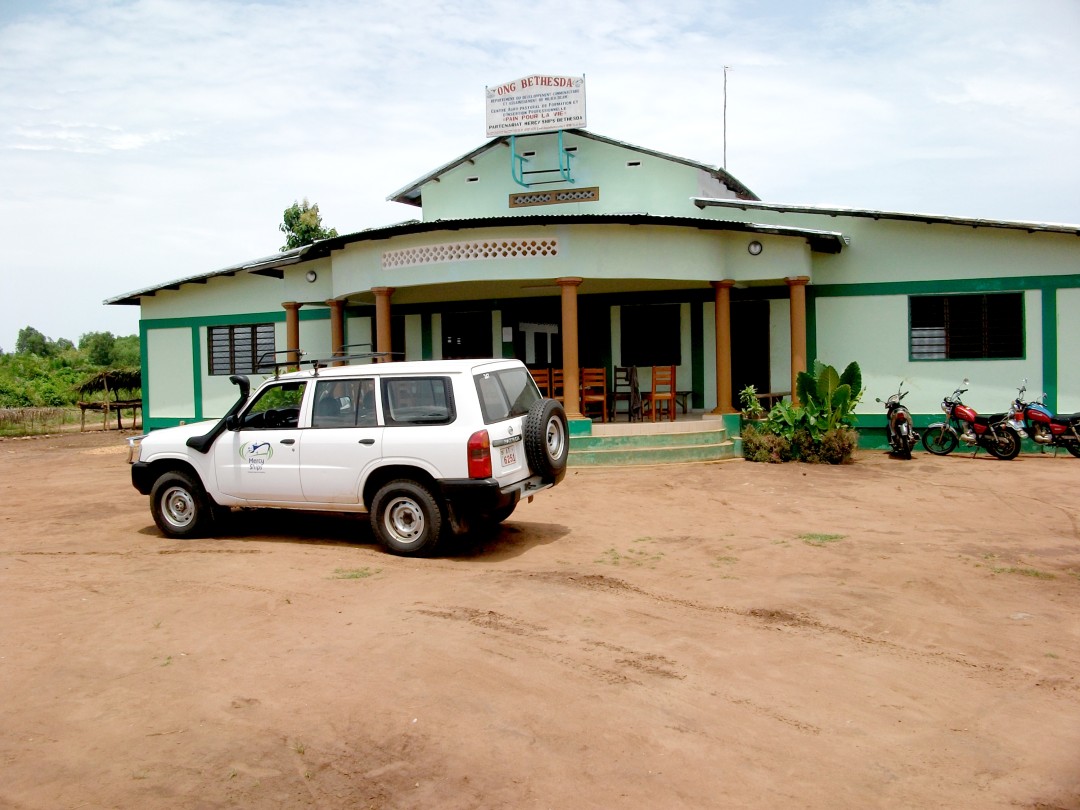Food for life
The project aimed to increase the capacity of three local organisations in Togo, enabling them to contribute to improved nutrition and farming incomes of Togolese farmers. Members of these organisations were to be trained to become, or improve their abilities as, agricultural trainers for local communities.
Nine staff members from three different Togolese NGOs were trained and mentored in holistic agriculture concepts and organic farming. An additional eleven individuals from communities around the centre were also included in the training. Each NGO successfully established demonstration gardens. NGO trainees replicated the model gardens by training local community farmers. A total of 37 farmers were trained and all three organisations set up continual training programs.
Mercy Ships is a global charity founded in Switzerland in 1978. It deploys a fleet of hospital ships, crewed by volunteers, to provide sustainable access to medical care. Mercy Ships developed a Food for Life program, in partnership with the local NGO Bethesda in Benin, to provide training in biological farming for trainers in local NGOs. The partnership was extended to Togo.
Type
Health / Education / Community DevelopmentDuration
June 2010 – December 2010Location
Lomé / TogoWith whom
Mercy Ships
Website



Togo
Population
7.8 million (2017)
Per Capita Income
USD 610/year (2017)
Poverty rate *
55% (2015)
Literacy rate
64% (2016)
Human Development Index
165th out of 189 countries (2018)
Togo has made considerable progress in addressing its development challenges, though significant institutional and economic challenges remain. Poverty has been reduced, from 62% in 2006 to 55% in 2015, but remains high. The acute malnutrition rate countrywide is 5% and 30% of young children are stunted. There has been progress in universal primary education and the control of HIV/AIDS. Maternal mortality remains high, in particular due to the lack of prenatal visits, a result of low incomes and poor access to health services. Access to clean drinking water is improving, though it remains insufficient. Only 34% of the population uses clean water, due to the lack of infrastructure and unequal distribution of drinking water, despite the country's abundant water resources.
Sources: World Food Program, UNICEF, World Bank, 2016 Human Development Report, Human Development Indices and Indicators (2018 Statistical Update)
*The percentage of the population living below the national poverty line.